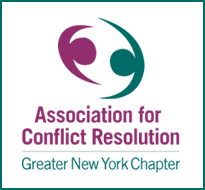Menu
Log in
Contact Us
Email us at questions@acrgny.org | ACR-GNY's mission and programming are generously sponsored by: |
Powered by Wild Apricot Membership Software
Contact Us
Email us at questions@acrgny.org | ACR-GNY's mission and programming are generously sponsored by: |
